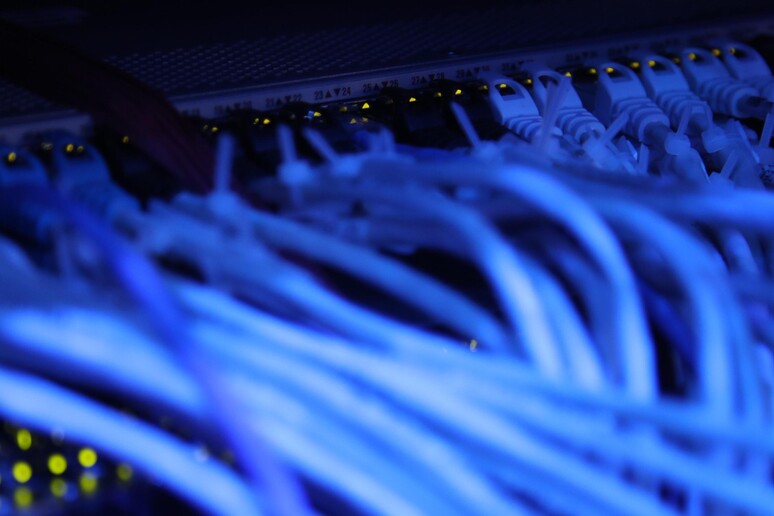the cornerstone of
cryptocurrencies like bitcoin - is currently being tested for
its potential application in the security sector, above all, in
view of the growing connectivity between electronic devices.
A blockchain is a chain of blocks of data that register
transactions in virtual environments in a decentralized,
distributed way.
The system guarantees operations are secure, transparent and
cannot be changed.
These characteristics of the system were at the base of the
creation and development of cryptocurrencies, which have become
widely used by investors in recent years.
However, other sectors are also starting to observe this type
of technology with attention.
"Electronic security is closely linked to connectivity,
everything is much more connected," Emilio Nakamura, a security
and privacy specialist, told ANSA.
"Electronic security information used to remain isolated on
one place. Now, on the other hand, it moves in a new
environment, which ends up creating a new type of concern that
did not exist before".
Nakamura is in charge of a series of conferences promoted by
ABESE, the Brazilian Association of Electronic Security System
Companies, which has launched the Exposec fair, which is
organized by Cipa Fiera Milano and takes place in Sao Paulo May
21-23.
Blockchains will be one of the main topics of discussion.
The expert explains that previously it was necessary to cut a
cable to attack a security system in order to interrupt the
connection with a local server. Now, however, it is possible to
do the same operation by virtual means, including from thousands
of kilometres away.
"Electronic security devices have various vulnerable points
that make it possible to take control of the system and access
the information," Nakamura said.
"Being as this complication has increased, it is necessary to
be very prudent about issues that no one worried about before".
He said that blockchains can help tackle these new
challenges.
"If someone tries to cancel electronic security images, they
won't be able to do so," he said, explaining this is because of
the unchangeable nature of the data transmitted via this
technology.
The expert said a movement to adopted solutions based on
blockchains already exists within the security sector.
In this case, information would no longer go to a data center
or a 'cloud' but to a distributed virtual environment.
"There are already companies that are selling this sort of
technology, for example, video cameras with systems to archive
images and communications via a blockchain," said Namamura.
"It's a growing trend. Companies are moving towards these
solutions, testing their feasibility".
SPECIFIC PLATFORMS.
Namakura said that there is a move towards the development of
a 'hybrid' architecture for blockchains to guarantee data
privacy - an extremely sensitive issue in the security sector -
and this includes both blocks of public data, such as those of
cryptocurrencies, and other private blocks.
"The projects that are being worked on tend to integrate
these two worlds," he said.
"It is a trend that consists of using not just one type of
blockchain, but creating layers of information, distributed on
the basis of the level of confidentiality of the information
that is processed in a network".
In this way the blockchain would continue to function like a
databank, but with set levels of security that guarantee the
confidentiality of data via private blocks.
According to Courtney Guimaraes, the technical director of
the Brazilian Association of Cryptocurrencies and Blockchains
(ABCB), the use of this type of technology in other sectors
necessarily entails the development of specific platforms for
each case.
"The blockchain is just one of the elements," Guimaraes
stressed.
"With bitcoin, for example, there are around 80 different
technologies.
"So if you want to use it in other sectors, I think it is
necessary to develop specific platforms.
"For the health sector, for example, I think you could create
a complete medical record for every individual on this planet.
And it is necessary to build a specific blockchain for this".
The expert points out that, in their essence, blockchain
platforms are already security systems, so their potential use
for information protection, access keys and cryptography is
"vast and so far largely unexploited".
As an example, Guimaraes gives the case of zcash, a digital
currency that, unlike bitcoin, possesses the central principle
of confidentiality and transactions remain anonymous.
"Once other specialised platforms emerge, nothing is stopping
the use of other technologies, such as quantum computers, and
artificial intelligence, for specific uses," he concluded.
ALL RIGHTS RESERVED © Copyright ANSA











